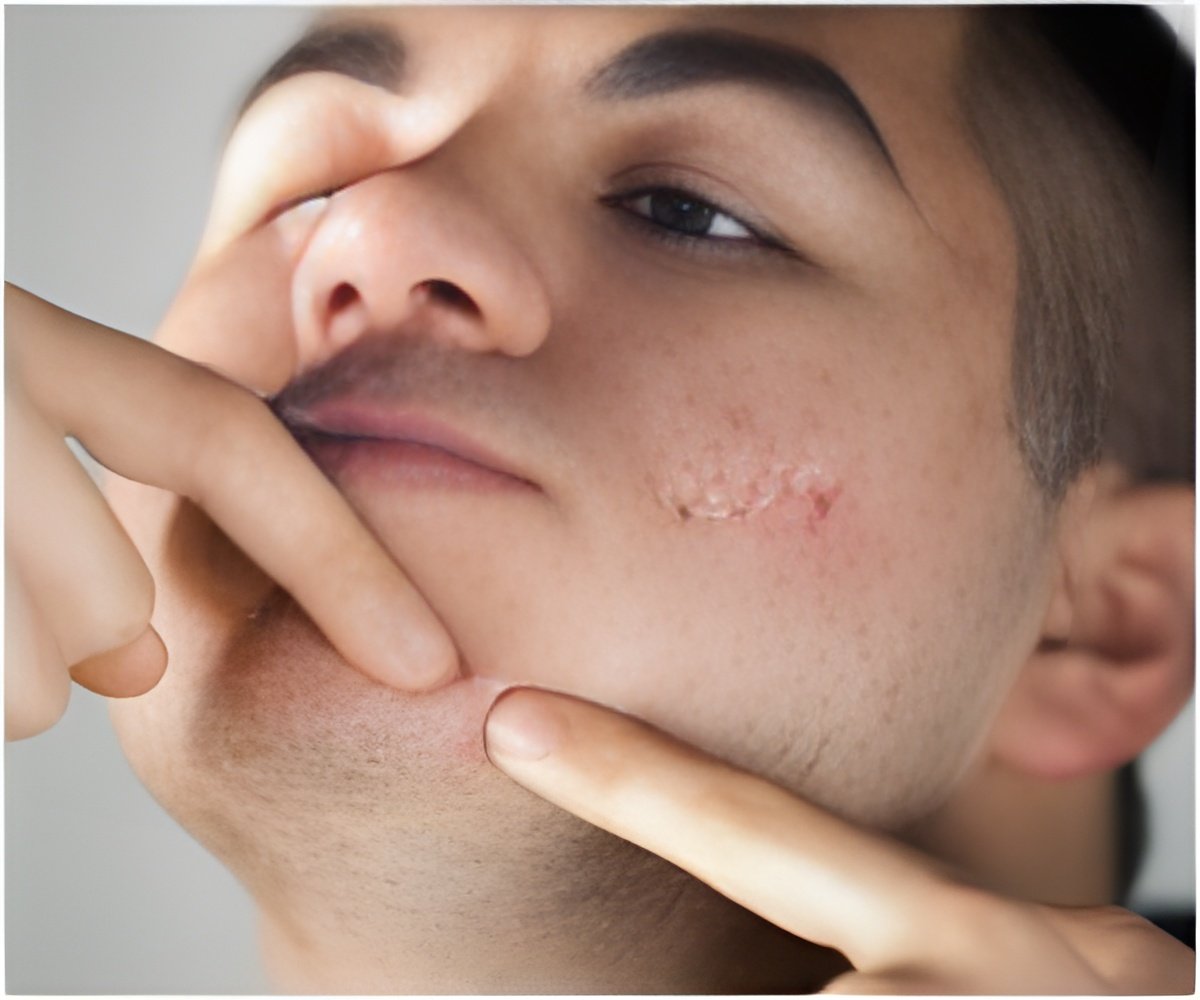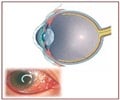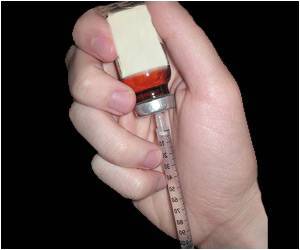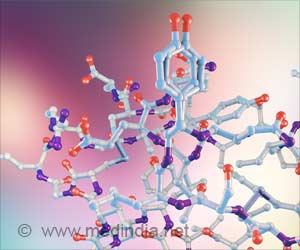Teenagers who take popular medications like Accutane or Roaccutane to treat acne are at increased risk of developing eye infections such as conjunctivitis (pink eye) or sties.

"Acne itself can increase the risk of ocular diseases. There is a greater tendency towards inflammation, and sometimes this leads to irritation," he explained.
His research revealed that patients who took these oral medications doubled the risk of developing an eye infection, compared to acne sufferers who did not.
Chodick and his team looked at records of almost 15,000 adolescents from the Maccabi Health Care Services database, one of Israel's largest health funds. They were divided into three groups: those who were acne-free; those who had acne but did not take oral medication; and those who had acne and were prescribed a medication such as Accutane or Roaccutane.
Out of the 15,000 subjects, 1,791 people developed inflammatory ocular diseases, including 991 in the medicated group, 446 in the acne group, and 354 in the acne-free group. The most common infection was conjunctivitis, commonly called pink eye. Four percent of patients who were on acne medication contracted pink eye, compared to 2 percent for the normal population.
"A very common side effect of Accutane and Roaccutane is dryness of skin and lips, so it's only natural that these medications would also effect the lubrication of the eyelids - specifically the oil glands along the rim of the eyelid," said Dr. Chodick.
Advertisement
Though not a serious medical condition, acne is still worth treating, said Dr. Chodick. But dermatologists and patients should be aware of these side effects, because there is the potential for long-term damage. According to some studies, including one published in Clinical and Experimental Optometry, irritation and eye rubbing can lead to structural eye problems such as keratoconus, a degeneration of the cornea.
The finding was published in Archives of Dermatology.
Source-ANI















